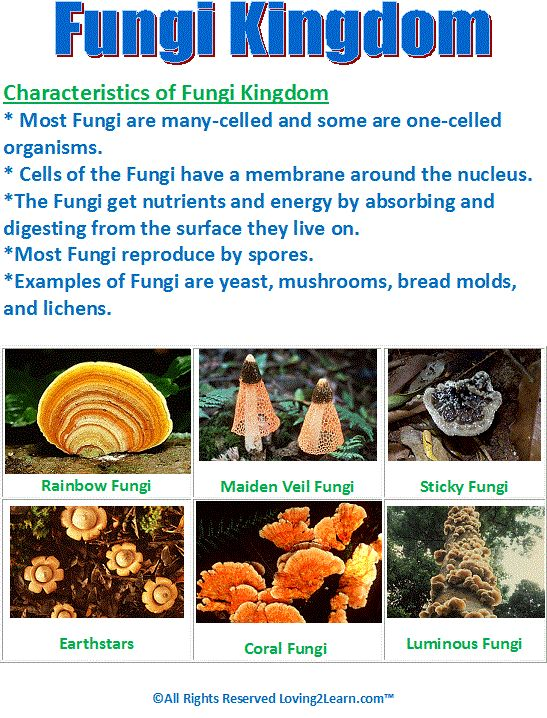Trichophyton Indotineae | 18 Jan 2025
Dermatologists from India and 13 other countries have criticized the region-specific nomenclature of the novel fungus species, Trichophyton (T.) indotineae.
- Trichophyton (T.) Indotineae: It is a novel fungal species causing difficult-to-treat skin infections, often resistant to most antifungal treatments.
- T. indotineae, first identified in 2020 by Japanese dermatologists in patients from India and Nepal, has since been detected in over 40 countries.
- Its origin remains unclear, as it was found in Australia, Oman, and Iran before the 2010s epidemic of multi-drug-resistant tinea infections.
- The species name, linked to India (and "indotineae"), has faced criticism for being region-specific, which could perpetuate stigma and misinformation.
- The naming is prejudicial and contradicts guidelines set by organizations such as the WHO and the American Society of Microbiology.
- T. indotineae, first identified in 2020 by Japanese dermatologists in patients from India and Nepal, has since been detected in over 40 countries.
- Critics of Nomenclature: The best practices for naming diseases focus on using descriptive terms based on symptoms and specific characteristics like severity or seasonality.
- These guidelines were developed by WHO in collaboration with OIE and the FAO, and the International Classification of Diseases (ICD).
- Naming fungi after specific locations can be misleading and harmful, citing past examples like the "Spanish flu" or "Delhi boil."
Read More: Fungi- Mushroom.

